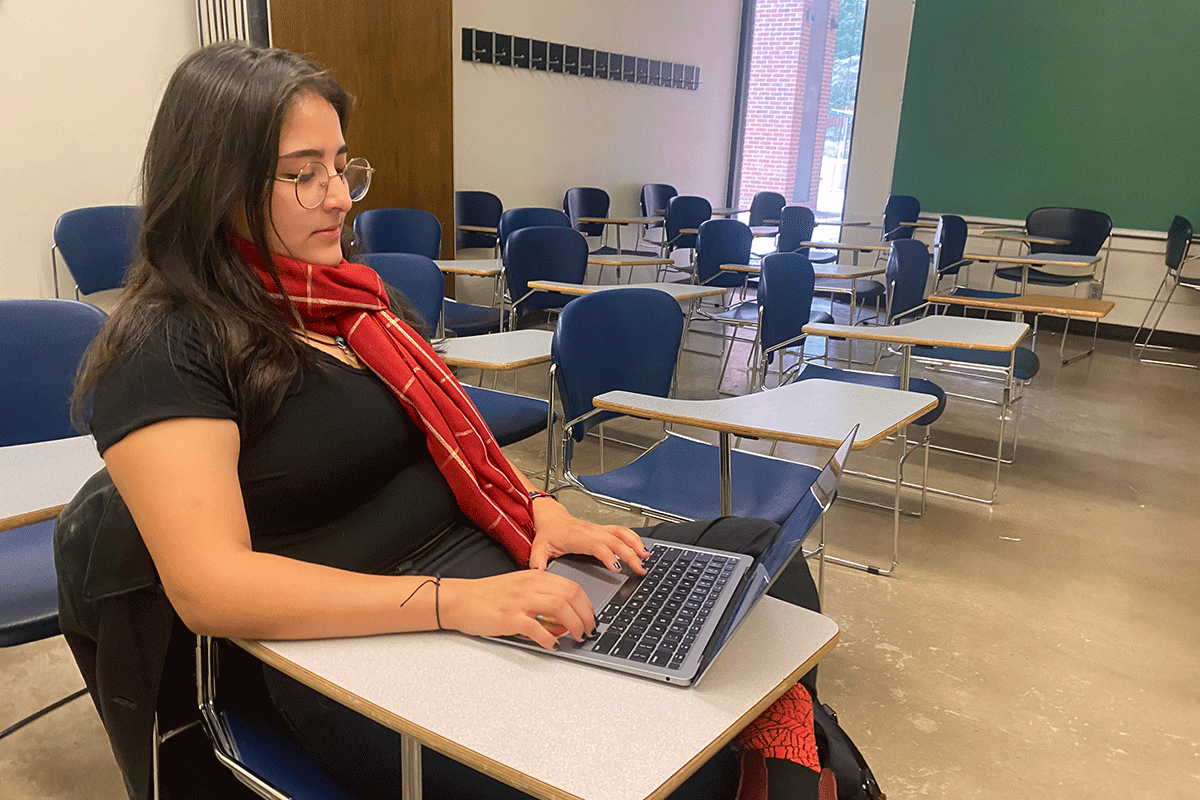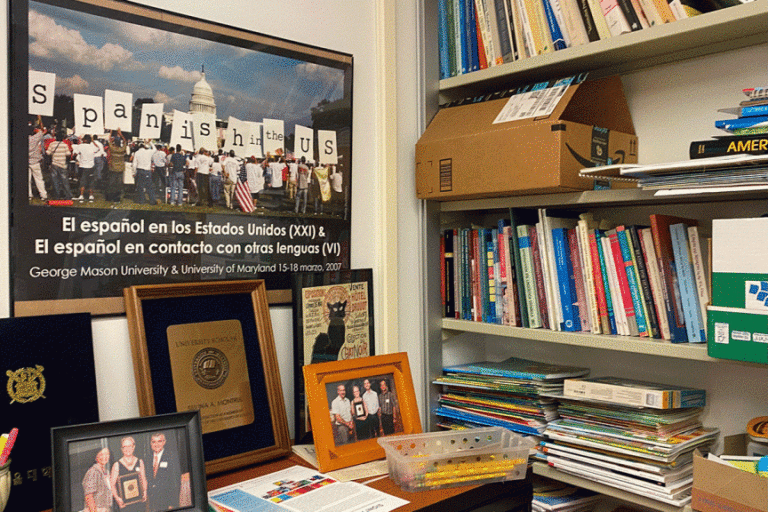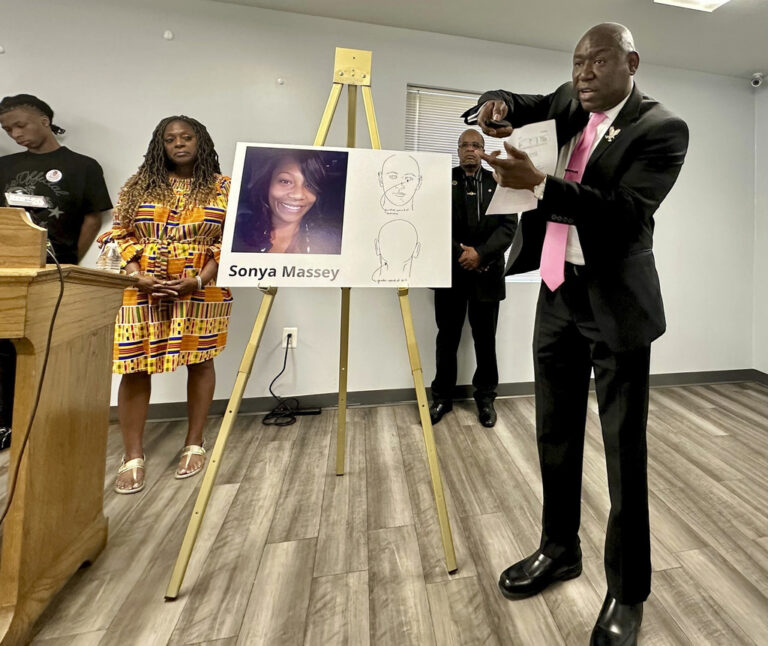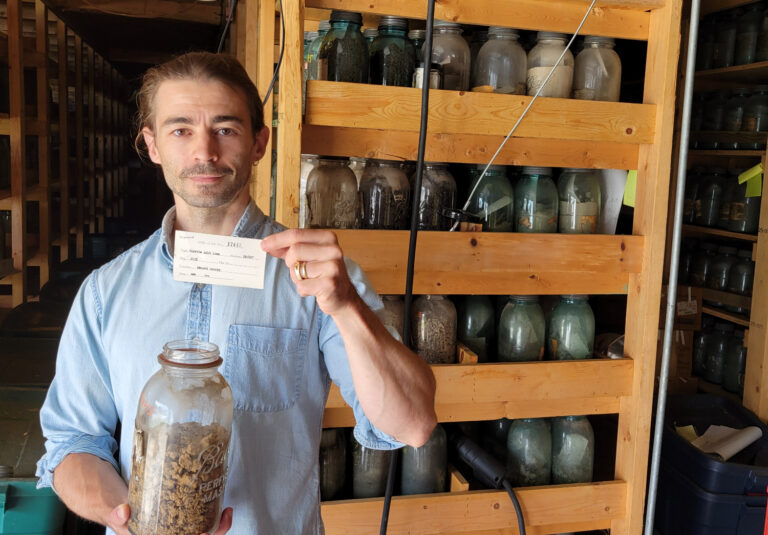More than half of non-Spanish-speaking Latinos in the U.S. say they’ve been shamed by other Latinos for not speaking the language, according to a recent study from the Pew Research Center.
The survey aimed to gain insights into U.S. Hispanics’ perspectives on the Spanish language. It included over 3,000 adults from around the nation and was conducted in August 2022.
Researchers asked participants about their views on the Spanish language and how comfortable they were holding a conversation in the language. The study revealed that while the majority of U.S. Latinos speak Spanish, about a quarter of the participants reported that they can manage only simple conversations in Spanish or cannot speak the language at all.
Silvina Montrul is a Spanish professor at the University of Illinois at Urbana-Champaign. She studies linguistics, focusing on bilingualism in heritage speakers and language acquisition.

Montrul said one of the reasons why people might lose their understanding of a language is because of a change in environment.
“For children when they are younger, your environment is your mom and dad. The language comes from the parents,” Montrul said. “The problem is when they start going to school. Now the parents are no longer the reference, and they want to be like their peers.”
Montrul said when children who speak Spanish at home attend school in America, they realize that most people speak English. This often makes them less inclined to use other languages.
When a family has multiple children, Montrul said the older sibling brings English into the family. Consequently, the younger siblings typically grow accustomed to regularly speaking English.
“Even if the parents continue to use their native language, there is still a lot of resistance from the children,” she said.
While the study found that non-Spanish-speakers feel shame, Montrul said Spanish-speaking families also feel that shame.
“People from your culture have an expectation and may think that you’re not Mexican if you do not speak Spanish. So they feel that shame, too,” Montrul said.
The researchers also found that a person’s view of their identity is closely tied to knowing and speaking Spanish.
Suzette Murillo, a UIUC junior, said she learned Spanish early in her life. But as she started attending school and learning English, her family pointed out that she was losing her Spanish vocabulary and pronunciation.
She said this made her question her Mexican identity.
“I am Mexican-American, but can I even say that if people are always pointing out that I am white-washed?” Murillo said. “Like, it has got to a point where it is so common that I literally chose to stop speaking Spanish altogether for a time period.”
Murillo said there was a moment when she could no longer recognize the names of traditional foods or common Spanish words. This motivated her to reconnect with the language and start speaking Spanish again.
Now, Murillo listens to music in Spanish and speaks the language with her Latino friends. She said surrounding herself with the language has made her feel more confident and comfortable speaking Spanish, even if her pronunciation is not perfect.
Murillo said she encourages people to not give up on practicing the language because it will make them feel closer to their culture.
“It’s going to be hard to try, especially when you are being shamed or it is constantly pushed in your face,” she said. “But do not let it get to you because you will get to a point where you love it.”







